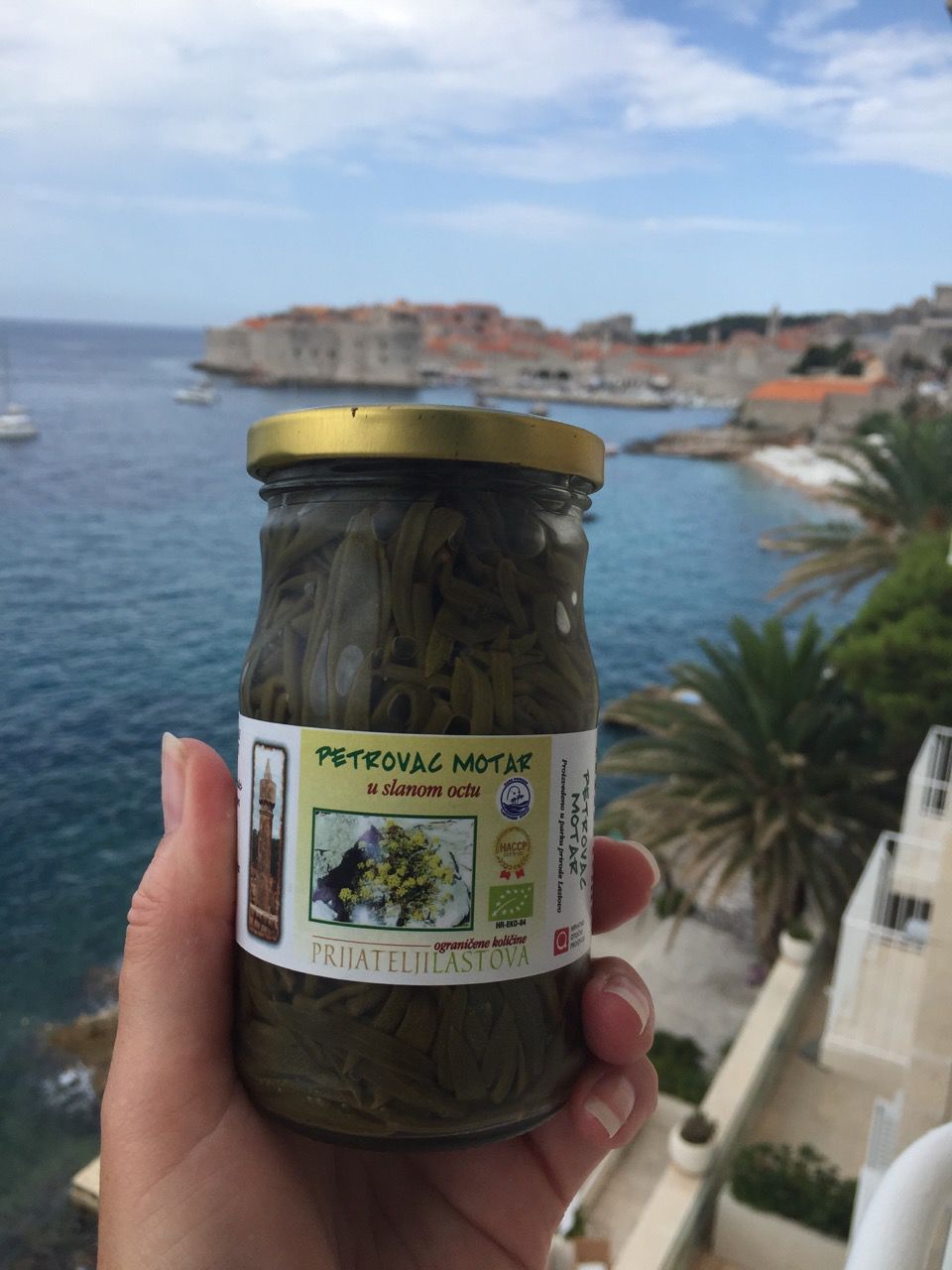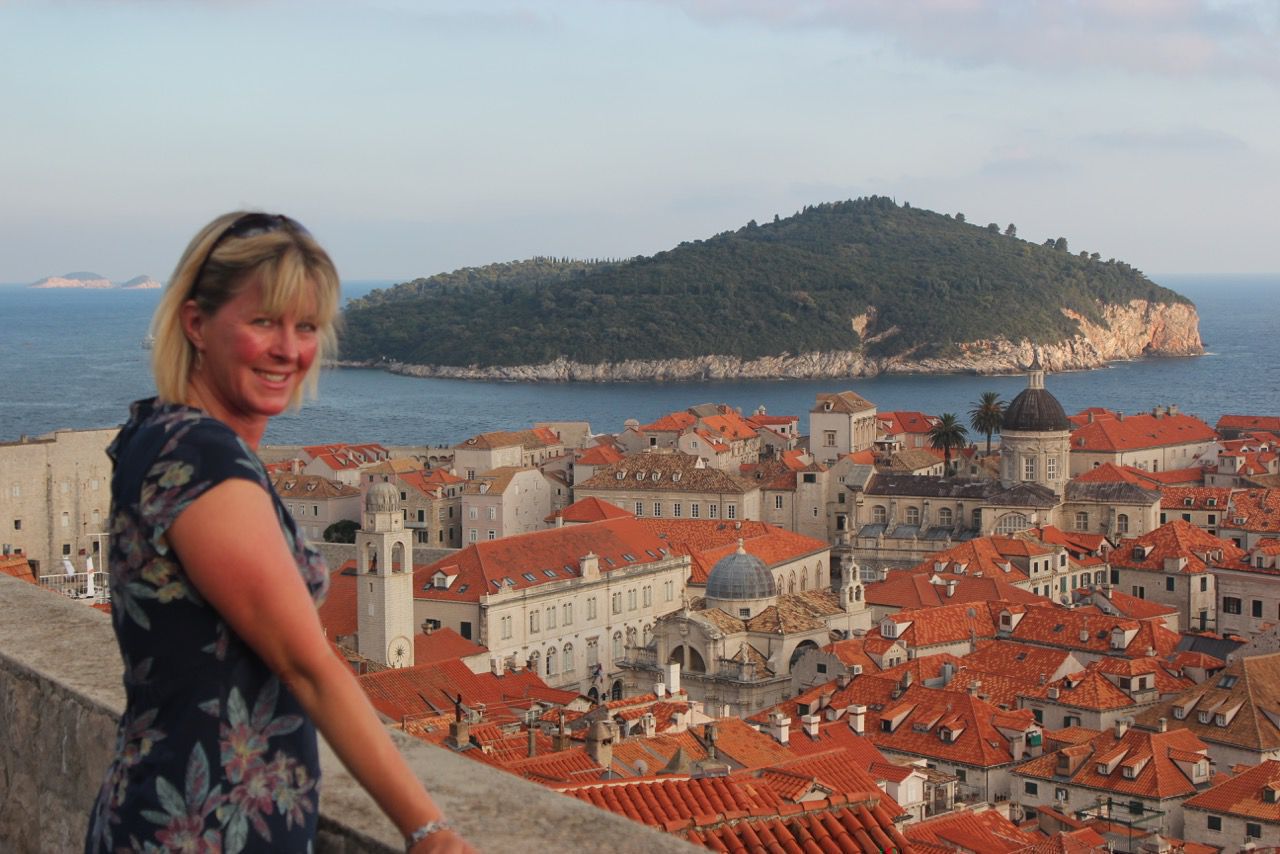Learn a language and stimulate the little grey cells
Today’s guest post is by Ed, who’s taking part in our uTalk Challenge. After successfully completing uTalk Japanese in January, Ed’s turned his attention to Welsh for February. Here he explains why learning a language is important for everyone, regardless of age.
I am a retired IT Manager aged 66 years. I am married with two grown up sons, one married with two children. My wife still works so I am one of these modern ‘house husbands’, which is fine with me. Other than gardening, ironing, shopping, cooking and cleaning (I don’t do much of the latter), I play golf, help with a local amateur dramatic society (treasurer and occasional performer), sing in our church choir, and keep fit.
Since grammar school I have always been interested in languages and linguistics. I put this down to having had a very good French teacher and an inclination towards role play, hence the amateur dramatics. I also did German at Grammar School, and did Latin ‘O’ level in one year, which I really enjoyed.
In 1970 I travelled overland to India and learn some Turkish and Farsi to help me along the way. Many years later I worked in Dubai for a while and learnt some Arabic. Over the years I have picked up some Italian and Spanish in relation to holidays.
When the opportunity to join the uTalk Challenge came along it seemed the perfect way to indulge my linguistic interests and to “stimulate the little grey cells” and slow down the aging process.
Four years ago my wife and I visited Japan for the Cherry Blossom Festival and I learnt some Japanese. That came in very handy as English wasn’t as widely spoken as I had thought it would be. We loved the country and the people and I found the language interesting, hence my choice of Japanese for my first month.
I think the uTalk Challenge offers a unique opportunity to try out a number of languages that are completely different from English and Indo-European languages in general. It’s a great mental exercise for any one, not just for someone my age. It also means that you can learn something of the language of a country when going on holiday, something I believe shows respect for the people and their culture, and enhances your experience. Better than just buying a phrase book, it allows you to hear the pronunciation by native speakers. You can, as I have done, download the extra topics and choose which one you want to study. You have nothing to lose and a great deal to gain.
Who needs football? I’d rather learn a language…
What’s your inspiration for learning a language? Today we’re hearing from Jack, a student and blogger at LangLearningBlog, on how he got addicted…
What inspired you to start learning French?
I never really was fond of languages, and I only studied French at school for a GCSE in a language – but bear with me! Soon I became almost addicted to language learning and I actually started enjoying learning completely alien and new vocabulary. Some thrive from obsessing over football fixtures and their league tables, others however (us!), are addicted to language learning. Let them obsess over futile fixtures. Meanwhile, we can be learning all the words a language holds!
What gives you motivation to continue learning?
Getting yourself motivated to learn new vocab or review flashcards is so difficult (especially when they’ve been stored at the back of a drawer for a few months!!).
My main motivation hack is that I keep my learning sessions short but regular. Not five minutes, but never over one hour, I find vocab literally pours into my brain doing regular learning sessions. Obviously there’s been days where I’ve done little or no vocab learning or reviewing, a.k.a ‘forgetting days’. Short bursts or an adrenaline-kicking 30 minutes are definitely my way forward to keeping motivated.
YouTube definitely helps, personally I think the short TED Talks speeches are great. They cover a huge range of topics, including language learning, and are never too lengthy. Beware though, or before you know it you’ll be watching pandas falling down slides and dogs dancing – one could say I have some experience getting distracted by YouTube.
What’s your biggest language learning challenge?
My learning routine has always been split into two halves: school and home independent study. School would give me the content, and my vocab learning at home would help me consolidate this and go further. Harder in practice though. One of the biggest challenges I had was the content that GCSE French covered. There was no ‘off the cuff’ speaking, nor conventional speaking topics (except food). The course seemed to shy away from practical topics that I’d actually need in France, like ordering bus tickets. So doing online reviewing programmes and not being able to translate some really simple stuff, it felt like learning the language was a waste.
What’s your favourite French expression?
On my visit to St-Etienne, France, I did work experience in a primary school. One night, some of the students on the work experience and teachers at the school went to a restaurant, and were all sat around this square table. Conversation slowed and we divided into two groups: English natives and French natives. It then turned to ;it’s raining cats and dogs’, then soon after all the students attempting to explain other idioms too. Trying to decode the French idioms to English was hard. I did manage to glean from the French idiom conversation ‘manger les pissenlits par la racine’. It translates literally as ‘eating the dandelions by the roots’, roughly meaning ‘pushing up daisies’. Obviously my favourite French expression to date – not because it’s unusual, but because it still reminds me of some of the French native’s facial expressions it got in return.
What do you find to be most rewarding about language learning?
Having the chance to visit the country is definitely the most rewarding thing about the entire years-long learning process. Before I knew it I was conversing with a bookshop assistant asking them to recommend books, and where I’d find them. I was explaining tasks to groups of primary school children and earwigging into conversations on the plane (apparently some French people really like TK Maxx).
After years of learning what felt like an artificial language, as I’d never heard it in action, all this learning had finally paid off, allowing me to not only have some great conversations, but also food – French crêpes and cheese cannot be described in words.
Jack
If you, like us, are now dreaming of crêpes (and cheese), and you’ve been inspired to learn some French, visit our website to see how we can help. Or download uTalk for iOS and start learning for free!
How learning a language earned me a free jar of seaweed
Hello, goodbye, yes, no, please, thank you – and ‘can I have a glass of wine, please?’
You may well wonder what connects the words and phrase above. It’s quite simple: for me, these are the bare essentials of foreign language knowledge when visiting another country. You may of course prefer beer or water, but you get the point!
How learning a language earned me a free jar of ‘seaweed’
Earlier this year, my husband and I had booked ourselves a short break to Dubrovnik in the summer, while our teenage children were both camping with Scouts.
My first attempt at speaking Croatian was a little too successful: having asked for a table for two (stol za dvoje, molim vas) in a restaurant in town, I was treated to a torrent of Croatian, but at least it was clear that we were merely being offered a choice of tables! Phew. Simply having a go, showing an interest in the people and their culture is so rewarding, as the assorted conversations we had during our short week demonstrated – albeit in English, after I’d attempted what I could in Croatian. A Brit attempting Croatian was a novelty and people were keen to chat as a result.
I was even complimented on my pronunciation – quite an achievement in such a short space of time, I felt!
Beyond the conversations and a few complimentary drinks, tangible evidence of the value of having a go came in the form of this jar of a pickled local seaside plant called motar (it isn’t seaweed, it just looks a bit like it when served up), courtesy of a restaurant kitchen during a lovely meal. Such a thoughtful and novel gift.
Why Croatian?
With a background in languages, and the amazing experience both my children have had on the EuroTalk Junior Language Challenge in the past, there was no way I could resist the opportunity to add to my linguistic arsenal at the beginning of the year, when EuroTalk decided to offer adults the chance to have a go at learning a language of their choice using the uTalk app.
So I chose Croatian. Why? I have never tried learning a Slavic language before, so thought it would be more of a challenge – and had long fancied visiting the country, in which case, it would prove handy.
Too many consonants!
Challenges work for me, but I did wonder whether I’d overestimated my ability on opening the app for the first time! It was immediately apparent that I was going to have to learn each word from scratch, no chance of using my favourite Romance languages to help me out this time! My tongue struggled to get round the string of consonants or seemingly odd letter combinations, such as ‘puno vam hvala’ (thank you very much), and I found the only way I could commit the words for ‘airport’ to memory (‘zračna luka’) was to declaim them in the style of John Cleese in the film A Fish Called Wanda…
Determination and encouraging messages from EuroTalk kept me going until the end of the month, when I was very pleased with my final score. Mind you, as I struggled to remember the order of the pictures on the memory games, I had plenty of extra practice at earning those last few points!
Which foreign language should an English speaker learn?
As a native English speaker, I can empathise with the difficulties we face when travelling abroad if we want to make an effort to speak another language. Many other countries teach English at school, it’s one of the obvious choices (leaving aside the multi-lingual communities of several of the world’s countries), but which should we learn? There are so many. Once we are abroad, those we meet may be keen to practise their English or are so used to using it with all foreigners, that it can often require some dedication to try out the language of the country you find yourself in.
However, persistence and the willingness to have a go does pay off. I have never forgotten a business trip to Warsaw when my extremely limited Polish was quite possibly a factor in my colleague unexpectedly booking me on to an open-top bus tour of his ‘beautiful city’ – a fabulous extra to my short visit.
So if you’re debating whether to stand out from the crowds on your next holiday to a country where the native language is not your own, my advice is have a go. Now where shall I go next year?
Jacqueline Bell





